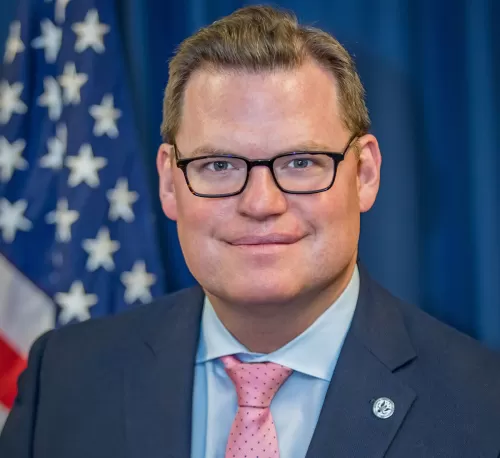NCUA Vice Chairman Kyle S. Hauptman
As Prepared for Delivery on September 23, 2021
Thank you, Justin and Tom, for this update. Even before Treasury launched the Emergency Capital Investment Program, an NCUA working group including the Offices of Examinations & Insurance, Credit Union Resources and Expansion, General Counsel, as well as the Eastern, Southern, and Western Regional offices were meeting weekly on the project. The NCUA has a whole team working with Treasury to get credit union applications processed in a timely fashion. This continues to be a massive effort by all parties involved, and I want to express my appreciation to staff for their diligence.
I understand there are a number of credit union applications for Emergency Capital Investment Program funds in process. I also understand Treasury may not be able to fund all approved applications until sometime next year, which is why we are discussing this today. Under the current subordinated debt rule scheduled to go into effect on January 1, 2022, those funds would not be grandfathered in under the current secondary capital rules, and the credit unions would, thus, need to make disclosure and application updates under the new standards of the subordinated debt rule. With the adjustment proposed today, credit unions whose applications are approved in 2021 won’t have to redo any paperwork or resubmit an application to the NCUA. This adjustment is welcome news.
When the ECIP program was first announced, I encouraged Community Development Institutions (CDFI) and minority depository institutions (MDI) to take advantage of this funding as I believe it will raise the visibility of credit unions in underserved communities. In times of crisis credit unions step up for their members. For CDFI and MDI credit unions, it goes beyond providing financial services. It includes engaging with community leaders, coordinating with businesses, and creating coalitions to support those in need. This funding will help them do that. I’m grateful to staff for this solution and for their continued efforts to help Treasury process the credit union applications.
Thank you, Mr. Chairman. This concludes my remarks.




